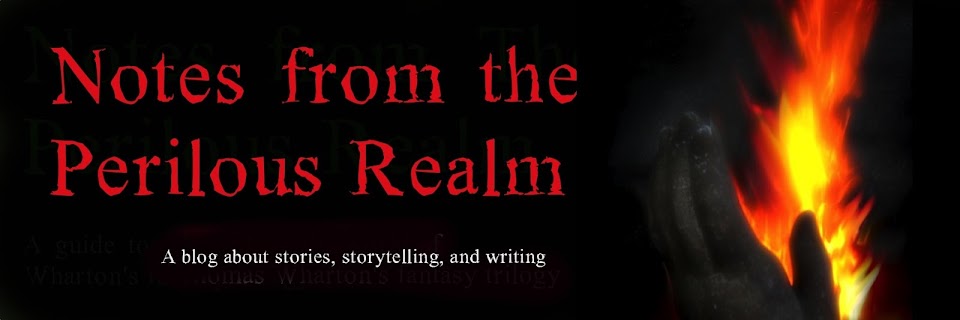Enigmatists, like knights of the Errantry, roam far and wide through the lands of Story, but unlike knights-errant (or most readers of stories, for that matter), they aren’t content to simply wander through a story and let it unfold as it will. Enigmatists will study a story, keep voluminous notes, gather specimens, make conjectures about what, how, and why the story is the way it is and what secrets it might hold.
There are enigmatists who specialize in the study of only one particular element of Story. For example the pratchetologists, who are experts in all things relating to tiny little people (there are many, many races of tiny little people in the Realm. You probably have some living in your walls. Most are harmless). Or the monocerologists, the Realm’s experts on unicorns.
But this kind of specialization doesn’t stop there. Even within these narrower fields of study there are subdivisions upon subdivisions. Within the field of monocerology itself there are enigmatists who restrict their research to the dietary habits of unicorns, which they study by collecting and examining the creature’s droppings. And within that field there are those who study only the droppings of black unicorns. And then there are those who study only the droppings of one particular black unicorn named Trevor, who lives in Medicine Hat. As you can imagine, Trevor doesn’t enjoy being followed around by packs of enigmatists eager to get a sample of his droppings, and he tends to be quite cranky and dangerous to approach. But enigmatists live for this kind of bracing adventure.
Then there are what are sometimes called the “true” Enigmatists, the ones who investigate and ponder Story itself: its ultimate nature and purpose. Why are there stories at all? What are stories really made of? (The most recent research seems to suggest that stories are made out of invisible, energy-bearing particles called narratons, that have strange properties, such as their tendency to collapse when one tries to measure their speed or direction) Is there any end to stories or do they go on forever? What was the very first story? The quandary that all such enigmatists face is that any answer to such questions will ultimately take the form of a story, and thus the answer will become its own question, like a snake biting its tale. (Pardon the pun. Enigmatists are also very fond of these).
And so it would seem there is no place one can stand “outside” the Realm and say what a story is without telling another one.


